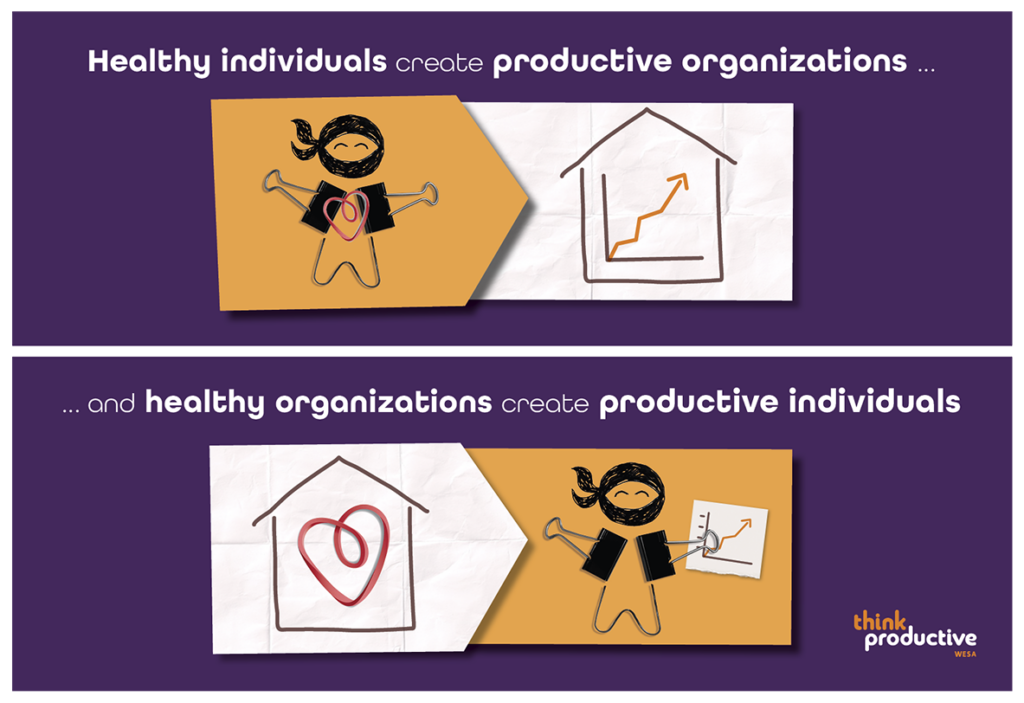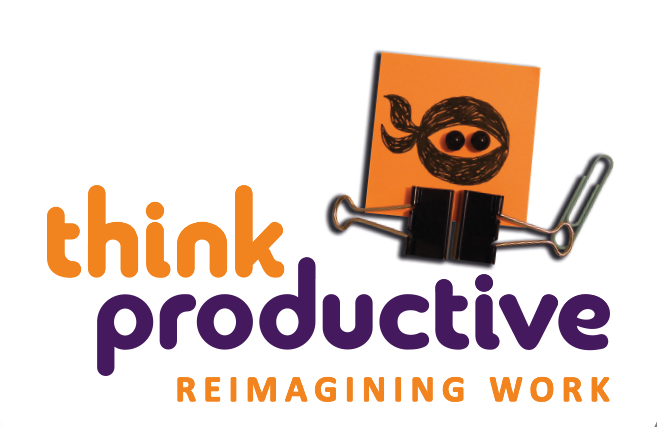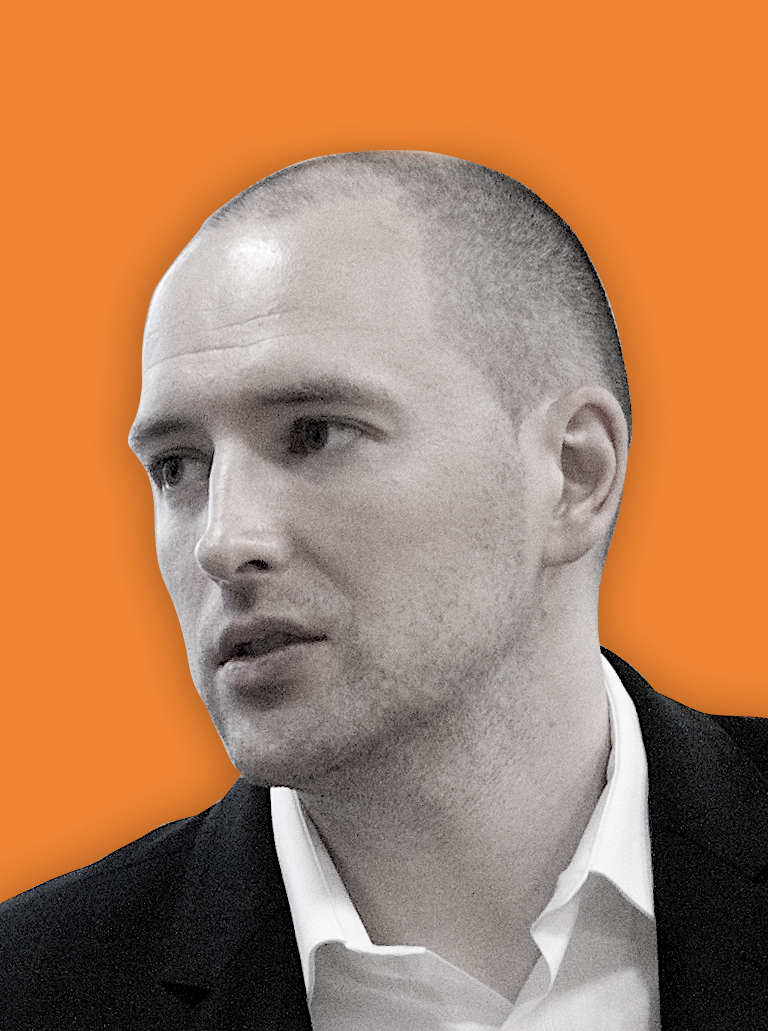There’s a neglected performance driver that provides successful organizations – big and small – with a powerful advantage vis-à-vis their competitors: organizational health.
For many organizations, output and productivity are achieved by squeezing operations, resources, and people. I’m not arguing that these organizations may indeed deliver short-term results. All those who have worked under Elon Musk – be that at Tesla, SpaceX or Twitter/X – can attest to this. I am questioning, however, how sustainable such short-term practices are.
Organizations can burn out too
When faced with market pressures, companies often take on more than they can handle, argue notable organizational psychologists Anke Bruch and Jochen Menges. They raise performance goals, shorten innovation cycles, or introduce new management systems and techniques to keep productivity high. Bruch and Menges warn:
“What began as an exceptional burst of achievement becomes chronic overloading, with dire consequences…. Exhaustion and resignation begin to blanket the company, and the best employees defect.”
Two sides of the same coin
As we emphasize to all our clients: productivity and health are two sides of the same coin, for both individuals and organizations. Healthy individuals create productive organizations, and healthy organizations create productive individuals.

But this requires two fundamental shifts away from old paradigms of productivity, efficiency, and time management.
Shift 1: Attention is the new currency
Organizational success is primarily determined by how effectively leaders and employees can focus their attention on what really matters. Organizations and the people in them need to ruthlessly cut through the noise – to be productive but also to stay healthy since digital overload can all too easily turn into cognitive overwhelm.
Shift 2: Toward a systemic approach to attention management
Shifting to attention management, however, is not enough. Executives and employees need to implement a systemic approach to attention management to realize exponential impact on productivity and health. At Think Productive, we employ such a system for managing attention and energy: CORD.
Utilizing the four core habits consistently across an organization will make for healthier, more productive and motivated employees, while also creating synergies across teams and departments to realize measurable impact on your competitive advantage: organizational health.
PS. Our friends at The Capacity Specialists have published a longer version of this post.

